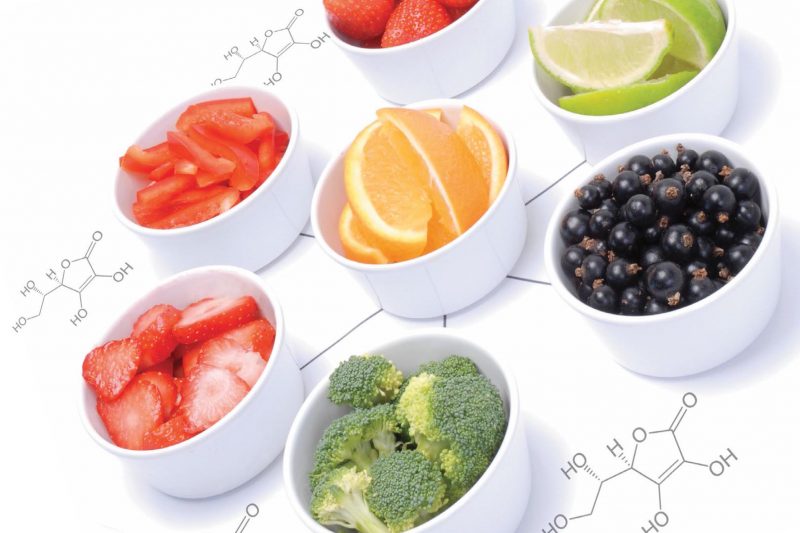Freeze drying saves nutrients

A study carried out by researchers at Sheffield Hallam University in the UK, in collaboration with Chaucer Foods, has found that freeze drying strawberries has no significant impact on their nutrient content.
The study showed that freeze dried whole strawberries largely preserved vitamin C and total phenolic content (TPC) and only recorded an 8% loss in total antioxidant capacity (TAC). However, for equivalent chilled whole strawberries stored over seven days, there were significant losses for vitamin C content (-19%) and TAC (-23%) and a very significant loss in TPC (-82%).
The study also found that the freeze drying process had little or no detrimental effect on TAC, TPC or vitamin C content of other fruits and vegetables tested, which were lime, orange, blackcurrant, broccoli and red bell pepper.
Freeze drying is one of a number of dehydration technologies used to remove water from food. Freeze drying works by freezing the material and then reducing the surrounding pressure to allow the frozen water in the material to sublimate directly from the solid to the gas phase.
Previous studies undertaken by Chaucer Foods on strawberry drying using alternative drying methods has highlighted a significant loss in their nutrient content in terms of Vitamin C levels.
Commenting on the Sheffield Hallam University study, Chaucer Foods technical director John McAughtrie says: “This research clearly highlights the nutritional benefits of freeze drying fruit and vegetables. We are now planning to undertake further studies to compare the nutrient retention of freeze dried fruit and vegetables against those that have been dried using alternative technologies, and also to consider the effects of packaging and storage on nutrient retention.”



